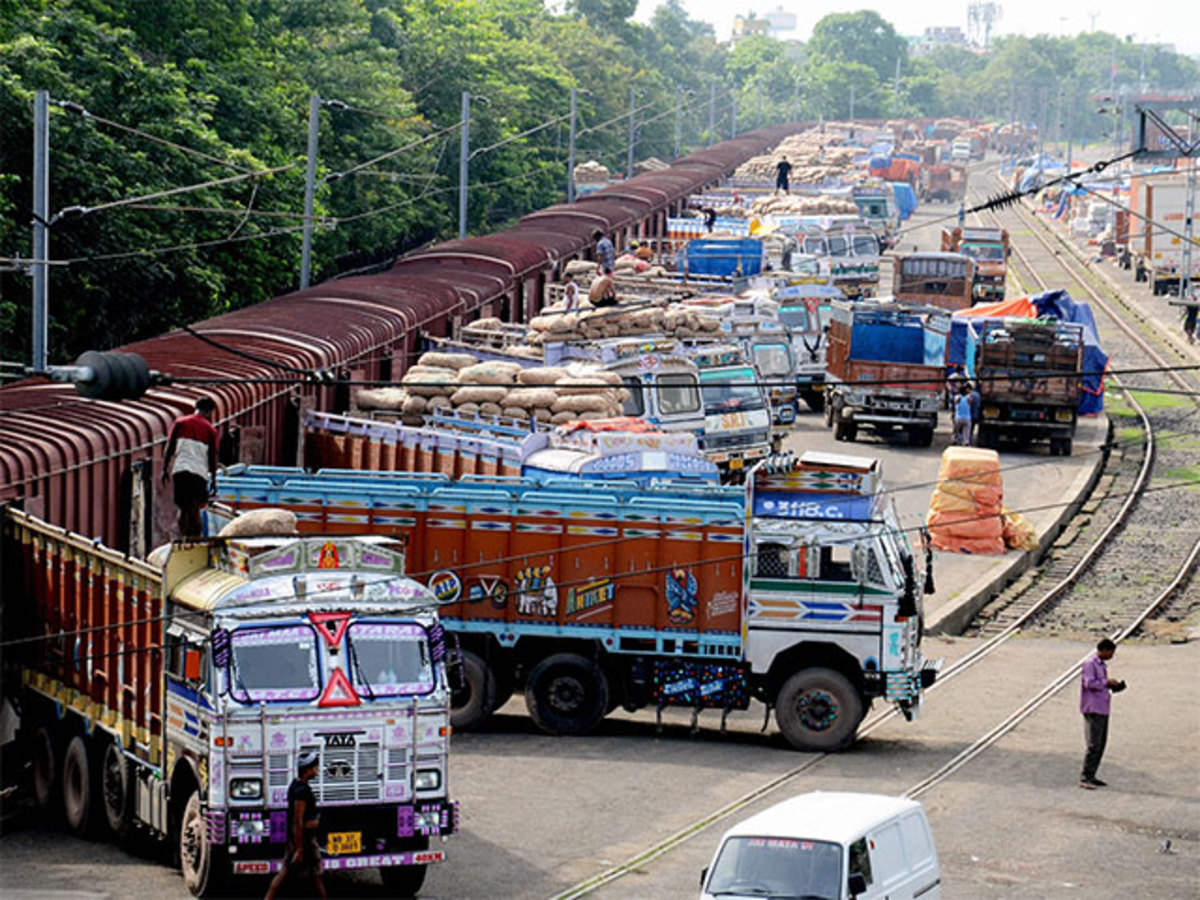Transporting goods between two destinations is an expensive proposition that requires a lot of planning. Leading Transport and logistic companies offer the secure and safe transportation of goods as the truck or other vehicle loads product from the warehouse and unloads at the customer.
Choose a feasible and cost-effective transport option
You must select a viable transport option. This is the only way to cut costs and maximize profits. A full truckload is a kind of freight that implies that a single truck is filled with goods belonging to one company or one individual. In part- truck load, goods belonging to different parties is present. Whether you opt for part load or full load will ultimately depend on your specific requirement and the quantity of the goods to be delivered.
Know Full Truckload
- Also known as full container load (FCL), full load is a term denoting that all of the space in a truck is being used.
- Full load offers several benefits.
- As they’re loading the entire container or vehicle, the charge will be set according to the cost of the vehicle instead of the cost of the load.
- Offers Speedy and hassle transportation. This is because no other goods belonging to a second part are loaded in the truck. As a result, the truck delivers goods to the final destination without any breaks. It will not require stopping many times to pick up or drop off other loads
Know part Truckload
- Part load Truck is an acronym for partial load. In case the quantity of the goods to be delivered by one party is less, then you need to share the space of the vehicle with other parties.
- Partial truckload falls reasonable and is cost effective. Using a part load implies that the cost will only be for the space taken up in the container or the truck
- Takes more time for transportation
Ways to calculate part load
- If a company or the client has made the payment for goods that utilize and fill a shipping container or entire truck, then the cost of transportation will be the price of the full container load.
- If the container or vehicle is not completely full, then the cost will be based on the volume of goods.
- Freight shipment loads are calculated in cubic meters (CBM. the same technique is used for calculating a part load. You need to take measurements for the height, length, and width of the load or the package. Then, multiply them together and convert the final measurement into CBM.
- The measurement and the overall cost of a full load are ascertained by the units of measurement of the container.
- You can also consider the amount of storage space taken in the vehicle and thus ascertain the total cost.
- All other costs that are involved with moving a load, also depend on the reputation of the transport company and its market price prevalent in the logistics industry.
- The total price can be calculated and decided by a specific business enterprise or individual requesting the transportation service. A business or individual could decide to carry out this process themselves.
- Alternately they can consult an experienced freight forwarder.
Factors affecting the cost of part load or full load
- the cost of the container or vehicle space has to be considered
- the cost of petrol,
- the mileage,
- the type of vehicle,
- any fees that would need to be paid to anyone hired in the process, such as the driver of the vehicle or labor involved in the loading process
- any fees associated with tolls, or customs
- Any additional charges that will occur due to moving the load from the source to the location.



